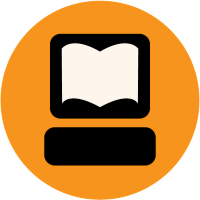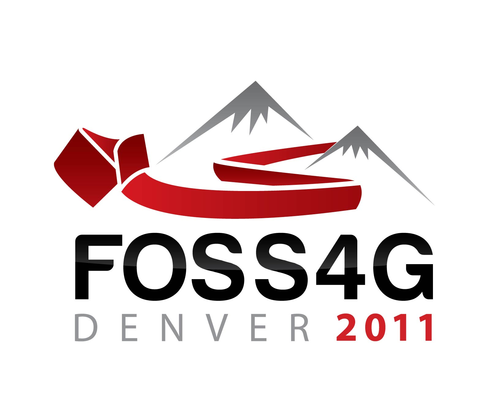
For 5 days in October the
Google Summer of Code Doc Summit, organized together with
FLOSS Manuals, will bring together four documentation teams from open source projects, guest speakers, and free documentation ‘free agents’ to discuss everything and anything concerning the free documentation of free software. The event will feature a two day
unconference and a three day Book Sprint. During the Book Sprint each project will produce a Book ready for distribution in print and electronic book formats.
The event is an ambitious project. Not only are unconferences about free software documentation scarce, never before has a Book Sprint been attempted with four projects working simultaneously on their own book. It’s going to be an extremely interesting and challenging event.
Free software documentation has often been a very low priority for free software projects. Often the documentation suffers from common flaws including:
- no documentation existing at all
- assumptions about the user’s knowledge are set too high
- poor navigation
- unexplained jargon
- there is no visual component
- the documentation is proprietary or ‘closed’
- the format is unreadable
- no translation workflow
- operational steps are missing, unexplained, written ‘from memory’ or state how the software ‘should’ operate
- the documentation is out of date, not easily re-usable or not easily modifiable.
The Google Summer of Code Doc Summit will attempt to discuss and address these problematic issues and look towards positive models for documentation production. We hope to shine light on the importance of the free software documentation ‘sector’ in the ecology of Free software. Free (libre) documentation is not simply an aid for learning how to use free software, it is a road into education and adoption in industry, a tool for demonstrating to clients how free software will meet their needs and expectations, and an important promotional tool for the advancement of free software. A healthy free documentation sector is both socially and economically empowering. We believe Free Documentation of Free Software efforts and ideals should be valued on the same level as free software itself and that is exactly what we plan to do at this Summit.
The
Google Summer of Code Doc Summit is more than a think tank and an opportunity to discuss real world issues. Four projects,
OpenMRS,
KDE,
Sahana, and
OpenStreetMap, will have a chance to directly strengthen their documentation efforts. We look forward to working together with each of the selected teams and individuals to help them produce their own book by the end of the five day summit.
It’s going to be a great event.

